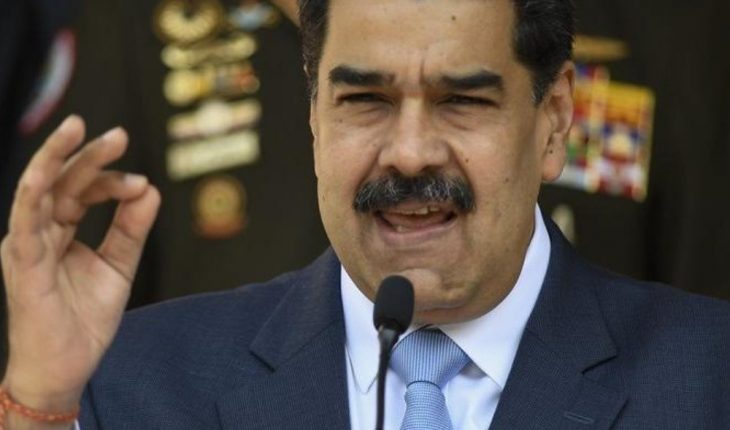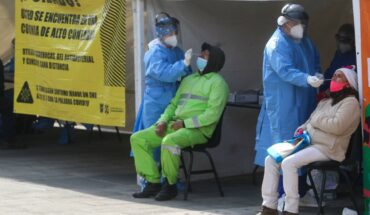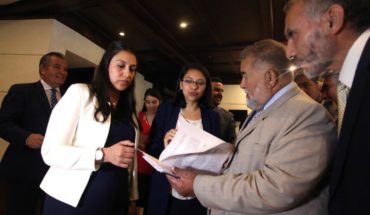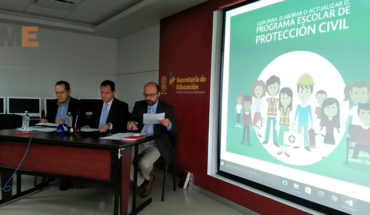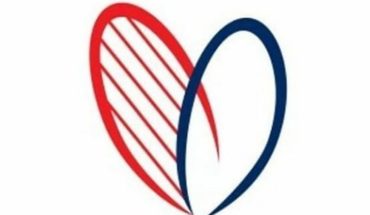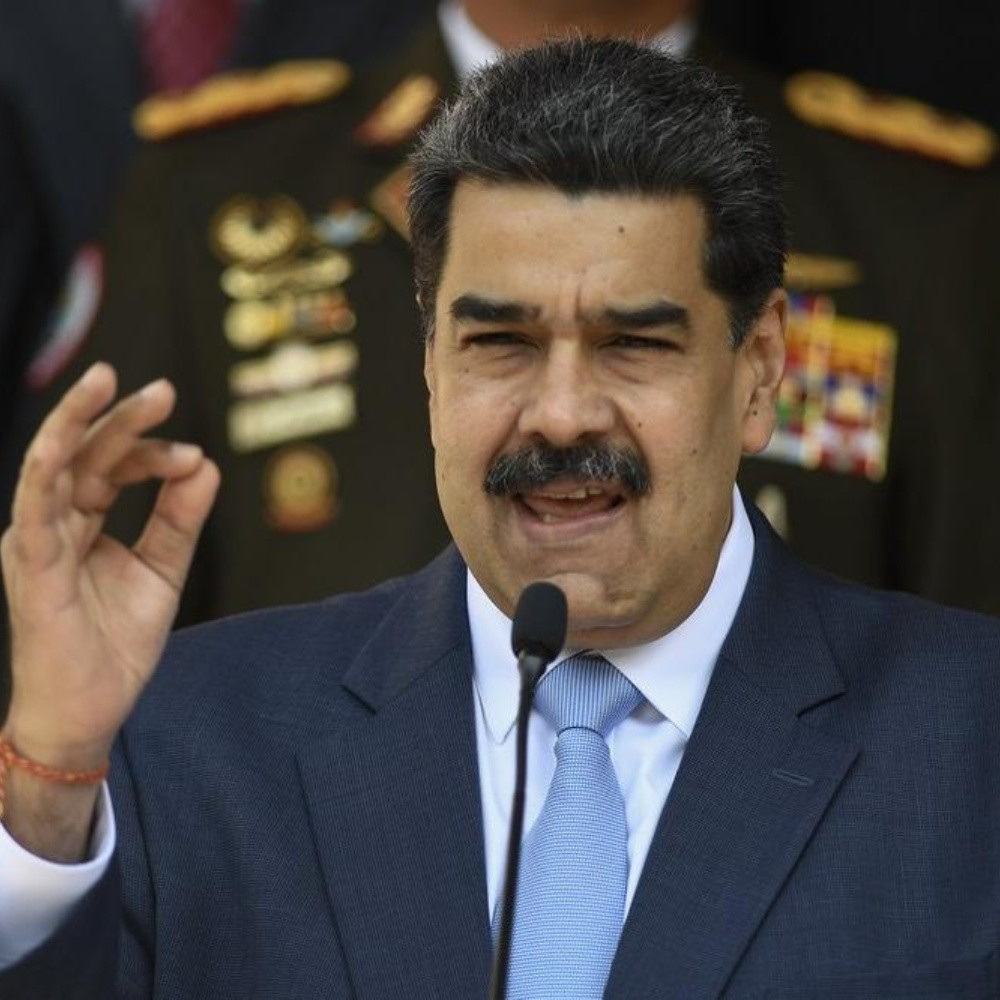
Caracas.- Venezuelan President Nicolás Maduro has intensified his maneuvers to marginalize the opposition led by the legislator Juan Guaidó. The recent dismantling of three influential opposition parties through court rulings, coupled with the increase in public disenction, not to mention the coronavirus pandemic, poses new difficulties for the opposition’s plans to overthrow Maduro.
___
Stay informed about what matters most to you
Get the most relevant news of the day in your email
Thank you for subscribing!
Check your inbox to confirm your email and start getting the latest news
Take advantage and take the next step
Get our news alerts so you don’t miss anything
Receive notifications
Enter your e-mail
Subscribe
Subscribing implies accepting the terms and conditions
You’re already subscribed to news alerts!
Now you can set up notifications from the bell
WHAT IMPLICATIONS DOES THIS HAVE FOR THE OPPOSITION IN THE FUTURE? In the last month, the government-friendly Supreme Court of Justice ordered three major opposition parties to take control. The magistrates chose new leaders for these political forces, which are suspected to be loyal to Maduro.Although the appointees used to belong to opposition parties, they were expelled after late last year they were accused of receiving bribes from Maduro allies to support the socialist government and weaken Guaidó. The expelled reject the accusations. Guaidó, whose Popular Will party is among those affected, and other opposition leaders say that the Supreme Court’s conduct will not prevent them from continuing to act to remove Maduro from power. They pledged to continue working within the same matches. However, the new leaders appointed by the Court are expected to carry out activities, including campaigns on behalf of opposition parties.___HOW DOES THE HAPPENED AFFECT THE NEXT ELECTIONS? The now-defensive opposition directives had said in advance that they would not participate in the legislative elections of 6 December. The newly appointed leaders say the parties will. This means that when voters go to the polls by the end of the year, they will probably see the names of traditional opposition parties and may not know that these political forces are now represented by people the opposition calls traitors.” This is an action by the Maduro government to try to confuse things, pretend that these parties are willing to participate,” said Diego Moya Ocampos, a political risk analyst. The move is one of many in recent years undertaken by institutions aligned with Maduro that drown the opportunity to hold free and fair elections. The re-election of the representative in 2018 was widely criticized, in part because several popular opponents were barred from running. Although there had been hopes of negotiating a new and more impartial National Electoral Council, the Supreme Court of Justice went ahead with the appointment of a board once again in favor of the Socialist representative.___Why are the LEGISLATIVE ELECTIONS IMPORTANT? The National Assembly is the only branch of Venezuela’s national government that remains under opposition control. If Maduro were to fill it with allies, his detractors fear that in essence this would mark the end of democratic participation in the government. To a large extent the Assembly has been left powerless, with its decisions annulled by the Supreme Court, but it is one of the few platforms left to the opposition and the path through which it has garned strong international support. Guaidó states that, according to the Constitution, he, as president of the National Assembly, is the interim ruler of Venezuela because Maduro’s re-election was fraudulent.
Opposition leader Juan Guaidó. / Photograph: AP file.
To date, the Guaidó faction has not officially announced whether it will participate in the elections. Venezuela’s analysts believe that if the opposition refrains from participating, its leaders could still claim that they are the nation’s legitimate congress in 2021, which will create a system of rival congresses, something similar to what has happened with the presidency.___WHAT are the implicationS OF THIS FOR THE FUTURE OF VENEZUELA? Providing additional power to a small minority faction aligned with Maduro could have broad implications for Venezuela’s future.The maneuvers show that the representative is trying to create a one-party system, only permWith small opposition parties in practice more functioning as trusting agencies to the regime, said David Smilde, a member of the Washington Office for Latin American Affairs.Allowing some dissenting voices could give some appearance of democratic participation, even if they would remain marginalized.
It’s a very bleak situation for the opposition,” Smilde said.
While the United States—a crucial ally of Guaidó—could continue to back its claim to the presidency, other international governments might begin to challenge that if he does not participate in the elections and his term as a legislator is over. Guaidó’s popularity in the polls has also declined, a sign of the growing ingencanting of many Venezuelans. That, combined with the coronavirus pandemic, makes it difficult for the opposition to regain momentum and attract thousands of people to the streets.” It’s hard to know how to stop this trajectory,” Smilde said. “The world is not in a position where they are going to intervene in Venezuela or pay close attention to it.” You may also be interested:Maduro and Guaidó congratulate Abinader on election victory in R.DominicanaMaduro believes that not to expel the EU ambassador was “the smartest”Cape Verde receives us request to extradite The Maduro testaferro

